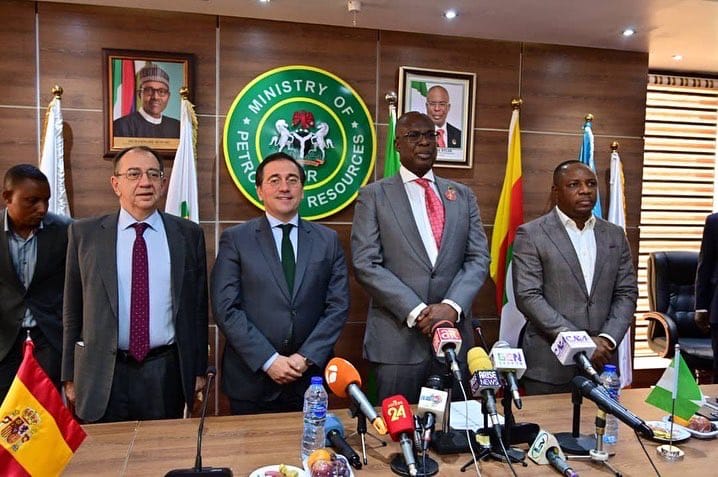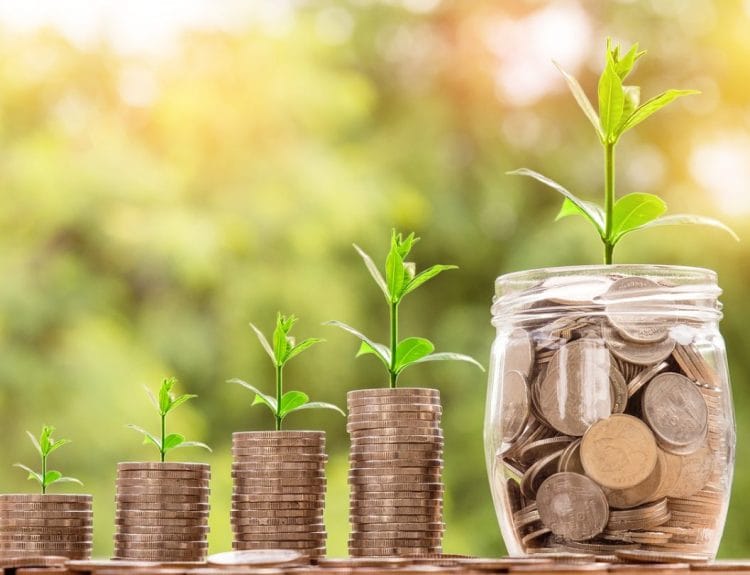In Botswana, the new government comes at a time of growing economic uncertainty. Unemployment continues to rise, and global demand for diamonds, the cornerstone of the country's economy, is declining.
As the second-largest producer of natural diamonds in the world, Botswana must urgently diversify its economy. Experts believe that firm negotiations with key players like De Beers could be crucial in this new era.
Marisa Lourenço, a political and economic risk analyst, shares her perspective on the government's approach, discussing the potential impacts of lab-grown diamonds and the viability of other economic sectors
Ethiopia: Obstacles for Electric Cars
The rise of electric vehicles (EVs) in Ethiopia reflects a proactive shift towards reducing reliance on fossil fuels and decreasing pollution. However, for EV owners, the optimism is tempered by logistical issues that keep many vehicles off the road.
The limited number of charging stations, the shortage of repair facilities, and the lack of spare parts are significant obstacles. Without proper infrastructure, the promise of a cleaner and more efficient transportation system remains unfulfilled.
DRC: Plastic Threatens Hydroelectric Power
In the Democratic Republic of Congo, the uncontrolled disposal of plastic waste poses a critical threat to the hydroelectric power supply in Bukavu. Heavy rains exacerbate the situation: plastics and domestic waste accumulate in hydroelectric plants, disrupting the power supply to Bukavu, Kamembe, and even Bujumbura
The accumulation of plastic not only threatens the stability of these plants but also raises concerns about more severe power outages. Environmental groups and local authorities are advocating for stricter waste management practices, acknowledging that modernizing infrastructure and raising community awareness are essential to address the growing waste crisis
Article source: africanews






